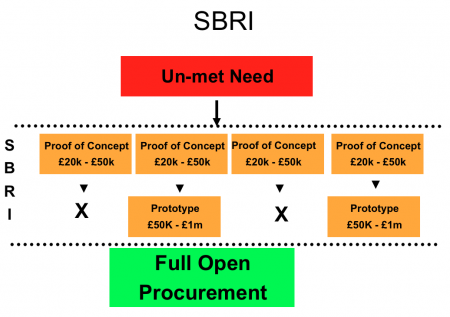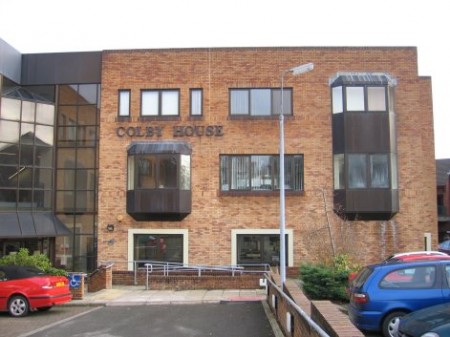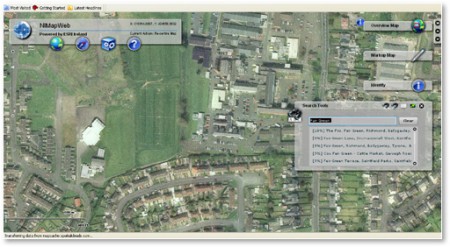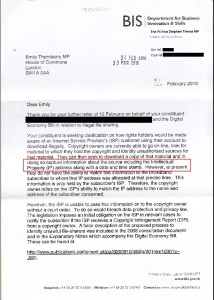In humans, sweating is primarily a means of thermoregulation. Hence, in hot weather, or when the individual’s muscles heat up due to exertion, more sweat is produced. Sweating is increased by nervousness and nausea and decreased by cold. – Perspiration, Wikipedia. Ignoring the weather, sweat is produced by exertion, nervousness and nausea. And this helps … Continue reading “Sweat”
In humans, sweating is primarily a means of thermoregulation. Hence, in hot weather, or when the individual’s muscles heat up due to exertion, more sweat is produced. Sweating is increased by nervousness and nausea and decreased by cold. – Perspiration, Wikipedia.
Ignoring the weather, sweat is produced by exertion, nervousness and nausea.
And this helps me define sweat equity – because if you’ve been involved in the start of a business and you have not experienced exertion, nervousness and nausea, then you do not deserve equity.
In startup culture, sweat equity is often a vital component especially in economies which have low seed funding. Giving co-founders and early employees a stake in your business (often as a way of making up for below market wages or even just not paying at all) is something that should encouraged for startups without seed capital but it has to be done carefully.
When bringing someone into the company you have to examine not only their ability but their commitment and their intentions. Investigating these factors requires a lot more than technical or purely project management skills, it’s about relating as a friend but at the same time attempting to be objective. After all, as a company director you are bound by law to look after the interests of the company as if it were a child; which in many ways, it is.
My first experience with sweat equity was also my first complete failure to deal with the ramifications. This was my publishing company. Though there was a handful of us, the sweat was all mine. While minor contributions came from others, the vast majority of the work fell on my shoulders and that was in being creative, being an administrator and also, holding down a job to allow others the free time to do their small bits. We used sweat equity because what we were doing was a lot of fun; it wasn’t work in the traditional sense. End result: we didn’t lose money but we didn’t make a whole lot. It was a game, a way of making sure we had somewhere to stow our bags when we went to games conventions rather than something we treated as a business.
My second experience was in my first proper IT company. I gave everyone equal votes in the company despite the drive to succeed being mine, the initial capital being mine and the risk being all mine. And again I failed to manage the experience; my idealism left me woefully unprepared for the concept that some people think that an equal vote means they get to do what they want. Some people don’t understand democracy, I get that now. And I would hope that I have learned something. I did learn that if you start something, don’t give it away unless you get equal commitment from others. I’ve still not made back the money I invested but it’s working, it’s profitable. And it’s a legacy.
My third was in my software company. I started this with my best friend and I believe it is to his credit that we are still on good terms. He pushed himself to create two fantastic products sacrificing sleep and family time and both times we failed to make a dent in the universe. Something that I feel very personally responsible for. Time moved on and now neither of us are part of that company and to be honest I’m glad. It was tricky letting go but it was for the best – you have to trust your co-workers implicitly and after my friend left, I found I could not trust his replacements to the same degree.
My fourth is a public service value project that I feel strongly about. The aim is to create a range of projects which people can place sweat into and the whole of society benefits. There is an opportunity for the individuals and their companies to benefit financially but for the most part, this is about social conscience.
OpenTranslink takes the data from Translink, turns it into something usable, and gives it away. the opportunity for individual companies is to make something compelling from that base, open, free platform. Whether that is a better timetable app, a tour of the tourist sites, or mashups with other services around the city.
OpenLiveNet, which I started earlier today, is an attempt to provide some assistance to the LiveNet project which is being pioneered by Mencap. They need techies, designers and people who think outside the box. And at this point it’s all just sweat. The equity comes into play once something is discovered. They might get paid to produce something or they may see the opportunity to produce something with wider appeal.
My fifth is a new games company. I love the concept of videogames because in the modern day they encompass every discipline from music to animation to documentary film-making, programming and design, user interface experimentation and marketing: everything is needed to make something amazing. I am pretty much alone in this at the moment but I’m hoping that will change – it’s just hard to find people willing to put sweat in. It may because the risk is so high, it may be because making games is hard work. And it may be because we don’t have enough people.
But this isn’t the same the world over. The recent iPadDevCamp had groups of developers and designers working together to create new innovative products. My friend, now in Canada, has inspired a small group of developers to work with him on his next idea, interestingly enough, a game. I can’t wait to play it.
Sweat is always going to be balanced by risk. It’s easier to find someone to give you an opinion or talk about an idea than it is for them to do something more. A few years ago my postman stopped my on the street and asked me if I could look at his computer for free – he had discovered that I was a some sort of computer geek according to the magazine subscriptions I maintained. I was at a loss: this was my livelihood. Would it be appropriate to ask him to deliver some parcels for free?
As soon as you encroach on someone’s day job, then you’re into sweat equity in a big way as most people do not like their work. they may be good at it but the last thing they want to do on an evening is spend even more time doing stuff that they are forced to do on a daily basis.
But what about the rewards. Only the founders of a company can put a value on sweat and it’s important they place that value correctly not only for their own benefit but for the benefit of those early stage employees as well as the retention of enough equity to sate the initial (and later) investors.
And what if you want more than just a little bit of help – what if your needs are pretty much solid work for several months? Taking on a full time commitment is something that is hard for many to stomach. It’s going to either take a massive leap of faith, quick revenues or a sizeable seed investment to get developers to come on board to build your next wonder widget. And it’s harder here than in other regions because on average we are 20% poorer than the UK as a whole. We earn less, our cost of living is the same or higher: we are poorer than our peers. This means we tend not to have savings to fall back on because we simply cannot afford them. This limits our ability to add sweat.
But this does not mean that sweat equity does not exist here. When I see local companies like AirPOS, DataSentiment or Onotate, I am inspired. I know that these guys have worked through their exertion, nervousness and nausea. I know that their sweat was earned and not freely given or taken.





